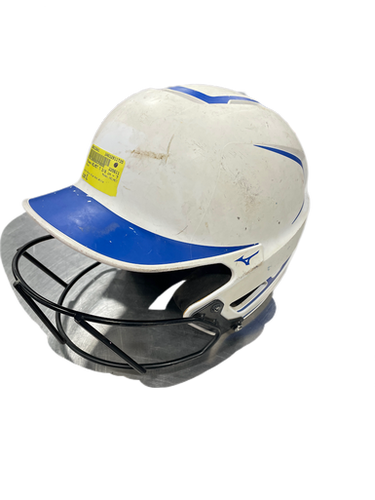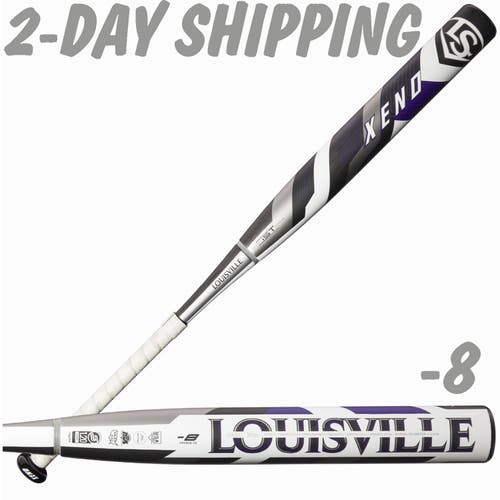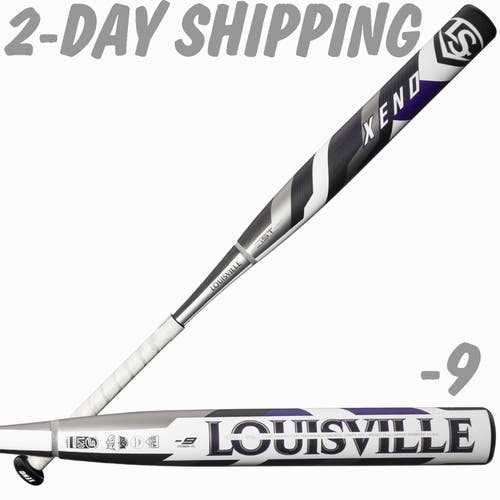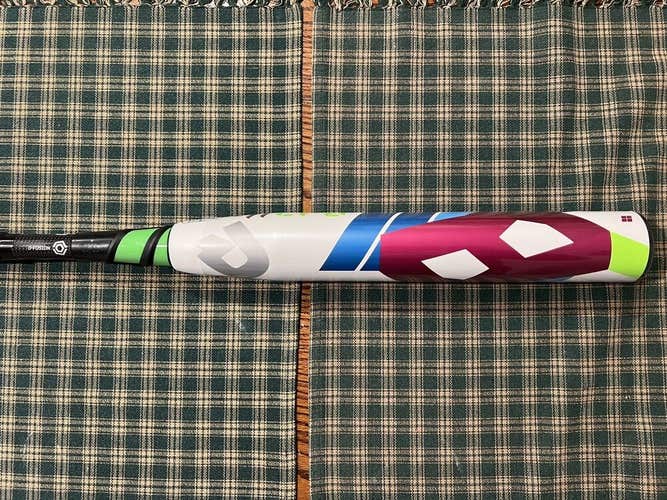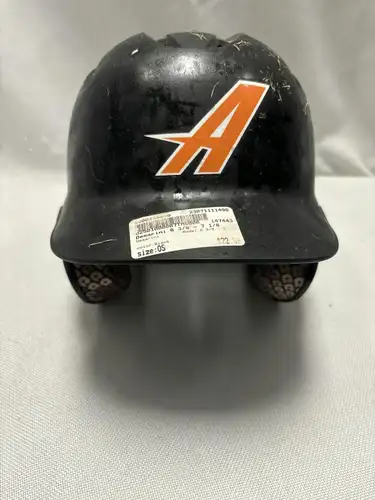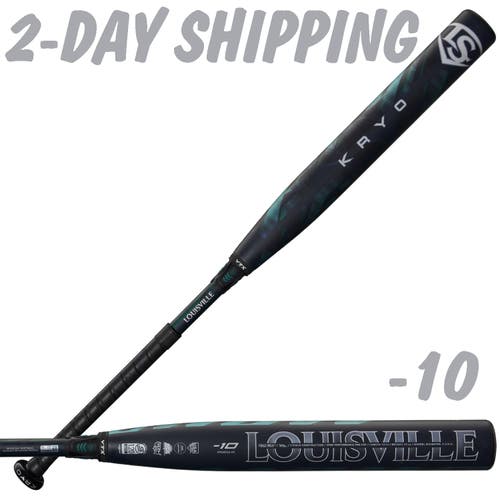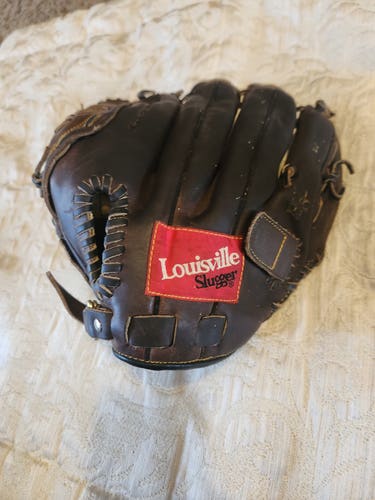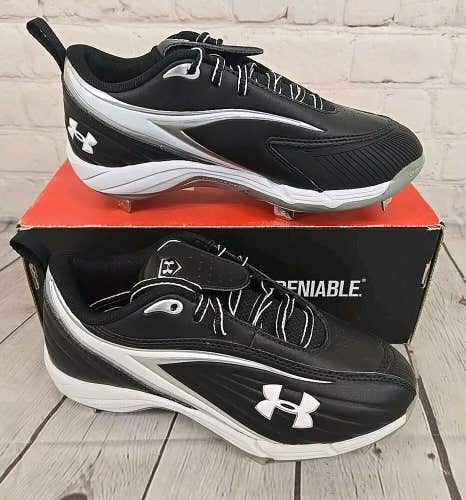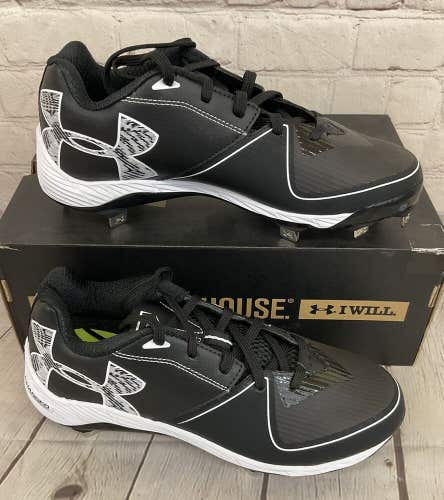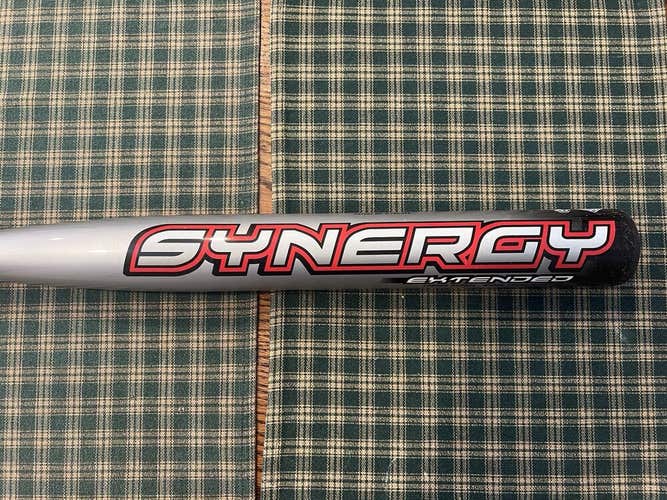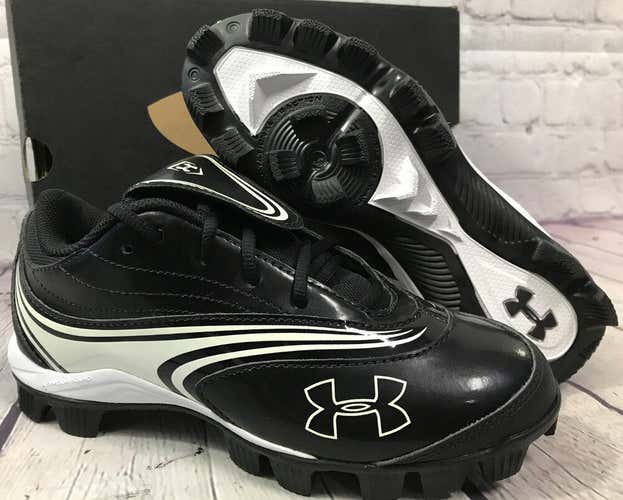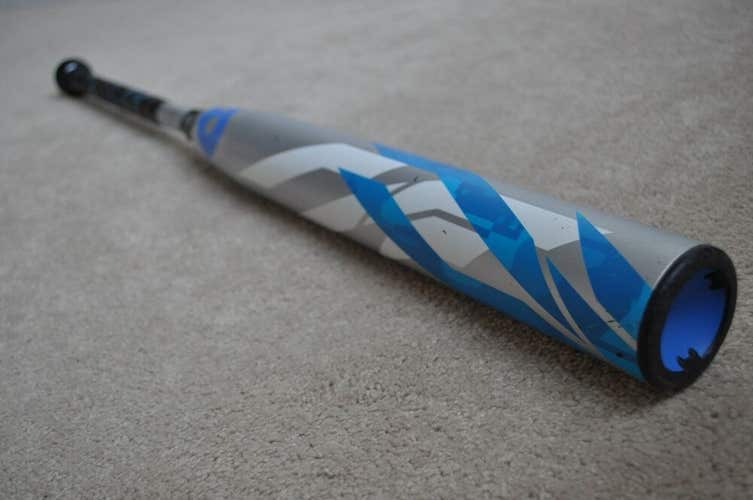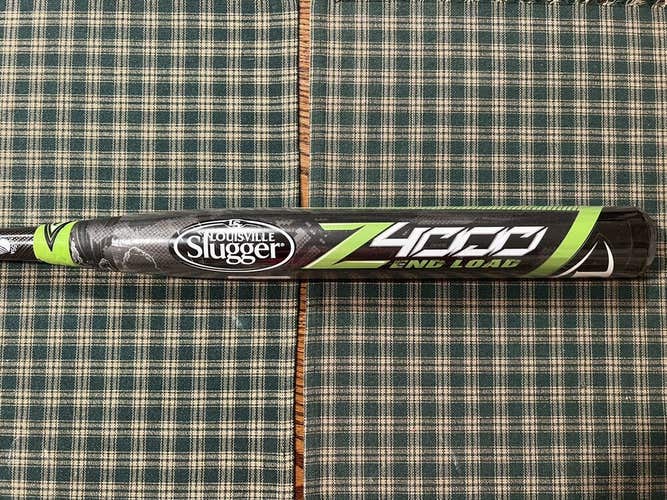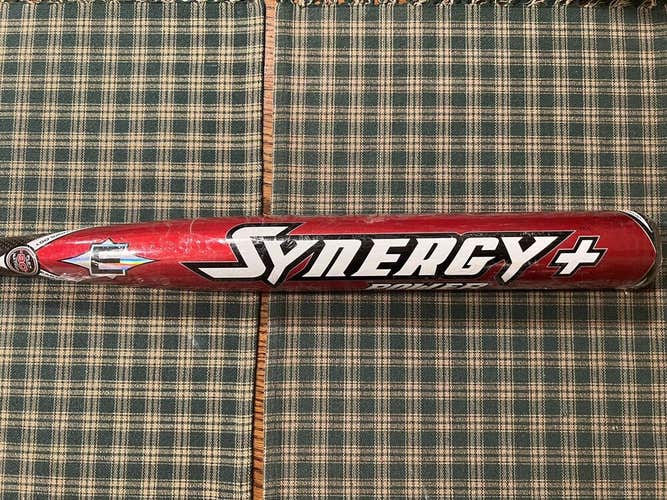Fastpitch and slowpitch softball may share the same field layout and basic rules but differ in gameplay style, strategy, and equipment.
Fastpitch is a high-speed, competitive game commonly played at youth, high school, and collegiate levels. Pitchers use a windmill-style underhand motion to deliver pitches that can reach speeds over 70 mph, and players often steal bases, bunt, and rely heavily on speed and timing.
In contrast, slowpitch softball is more recreational, often played by adults in co-ed leagues. The pitcher delivers a slower, high-arching pitch (typically between 6 and 12 feet), and the game places more emphasis on hitting and fielding rather than speed or small-ball tactics.
The gear also reflects these differences. Fastpitch bats are lighter and more balanced, allowing for quicker swings and better bat control, especially against high-velocity pitches. Top brands in fastpitch include DeMarini (CF series), Louisville Slugger (LXT), and Easton (Ghost). Slowpitch bats are heavier with longer barrels, designed for powerful contact and distance. Popular slowpitch bats come from brands like Miken (Freak), Worth (EST), and Easton (Fire Flex). Both styles use 12-inch balls, but slowpitch balls tend to have a softer core. Gloves are similar, though fastpitch gloves are often tailored to smaller hands with narrower finger stalls.
Additional equipment varies as well. In fastpitch, players typically wear batting helmets with faceguards, and catchers use full protective gear. In slowpitch, helmets are often optional, and players use less protective gear overall. Cleat styles can differ too—metal cleats are common in fastpitch for better traction, while slowpitch players usually wear molded rubber cleats suitable for recreational play. Despite their shared roots, fastpitch and slowpitch softball cater to different levels of intensity and play styles—and choosing the right gear for each ensures players can perform at their best.

